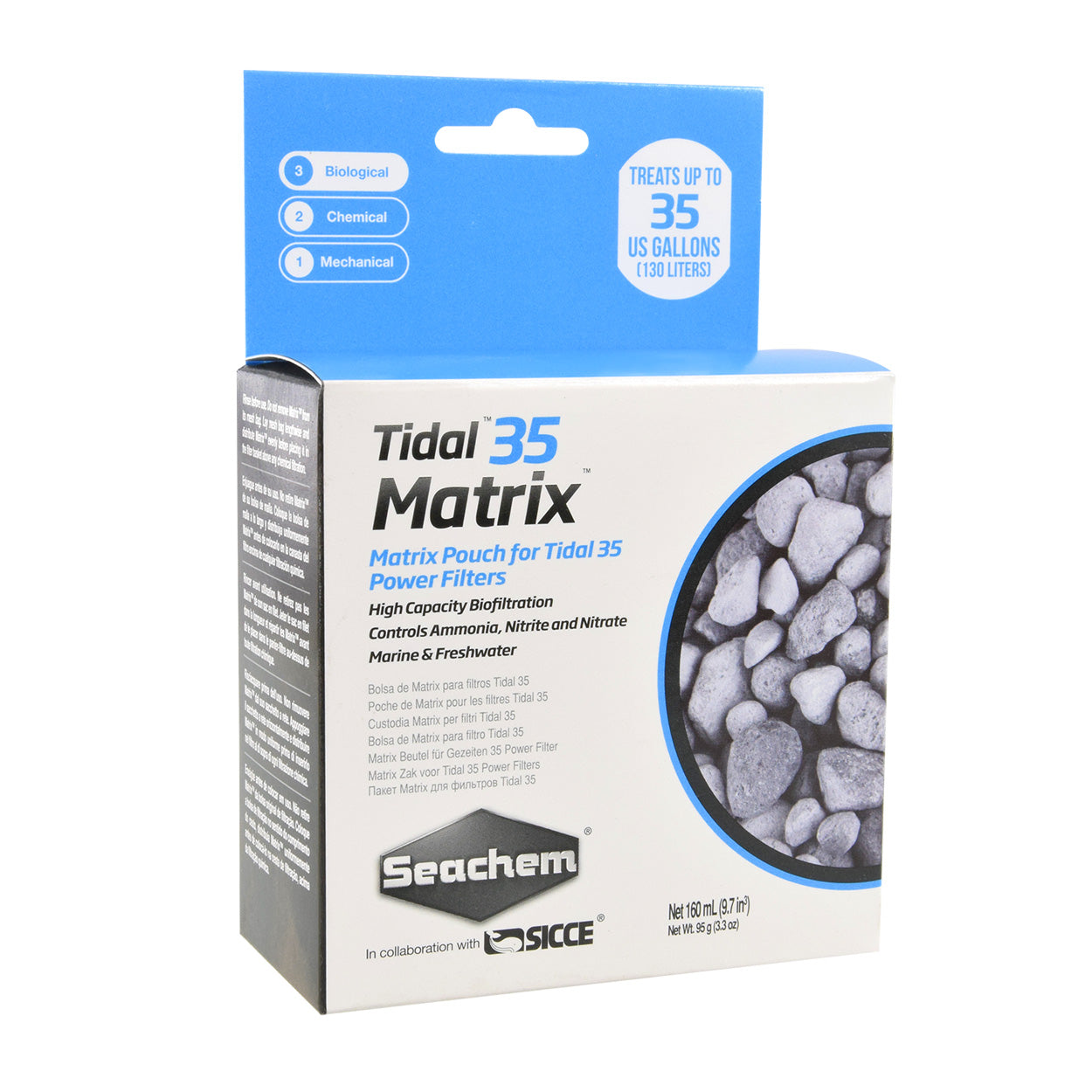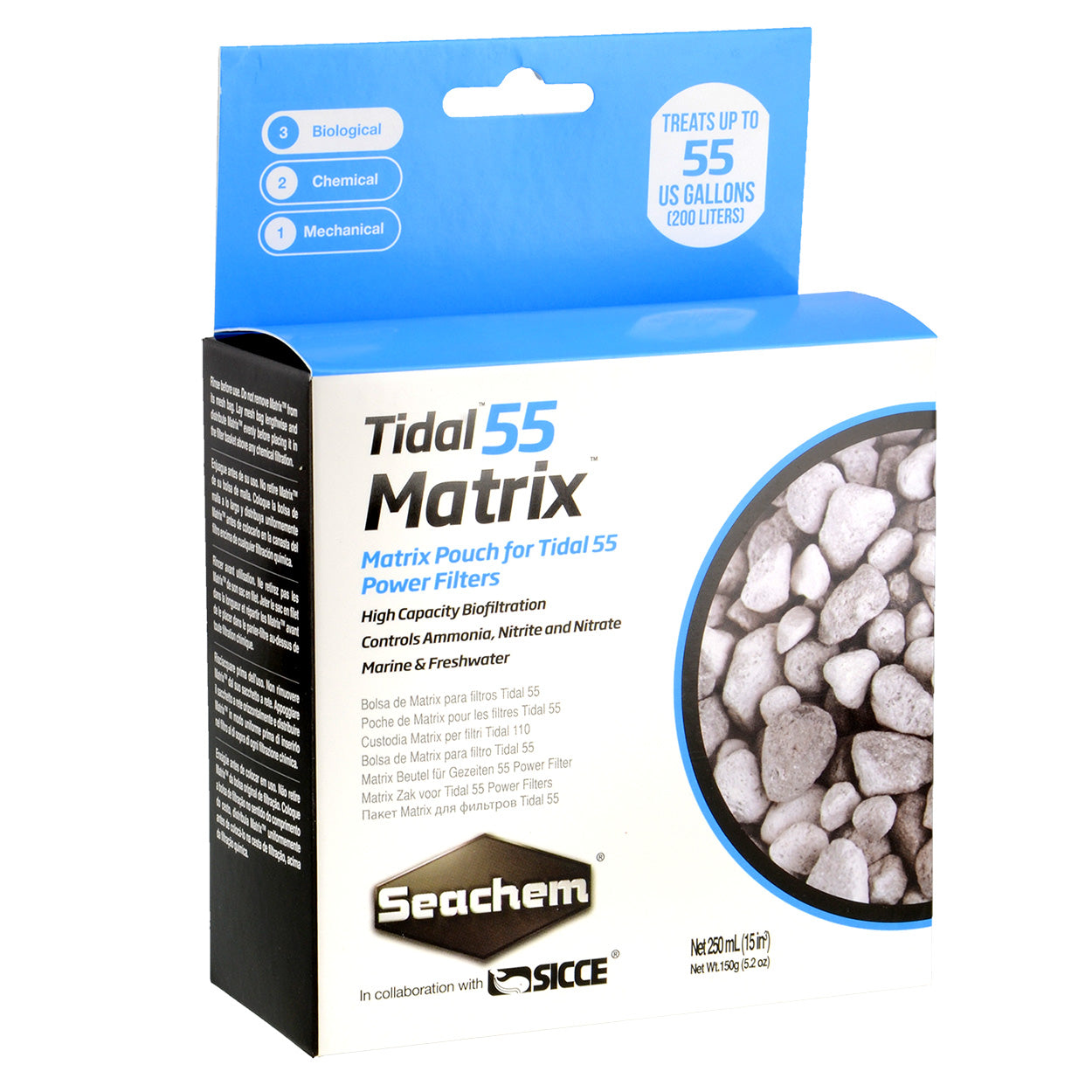Tails and Scales offers no refunds on purchases made in the shop or online with some exceptions We offer exchange or digital gift card on returns made within 14 days of purchase. There are no returns for livestock (animals, fish or plants) unless approved by the management. Products may be returned for exchange if they are unopened or have been determined to be defective.
Purchases of items online excluding living things can be returned to the shop at the expense of the customer. Tails and Scales will not pay for shipping of items that are being returned unless prior consent is given by Tails and Scales. Tails and Scales should be contacted about any returns and sent a tracking number for the item(s) being returned. A credit in the form of a digital gift card will be issued after the item is returned and evaluated by Tails and Scales. If the item is for exchange then the gift card will be issued for the full value of the item minus a 15% restocking fee.
Items deemed to be defective or damaged in transit will be issued a full refund including the return shipping charge. Incorrect items sent by Tails and Scales that were determined to be items incorrectly sent by Tails and Scales will be issued a refund including the shipping charges. Tails and Scales requires a photo of the shipping container if the item being sent back was sent back due to damage in shipping.
Online purchases that have not been shipped out to the customer qualify for a full refund if the customer request refund. A full refund will be issued for items that were out of stock on online purchases that were incorrectly shown as in stock. Partial refunds will be issued for items that were exchanges prior to shipping such as smaller sized packages, different brands etc.
Refunds for animals and plants eligible for refunds under our live arrival guarantee will be given as soon as eligibility has been determined.
There are no returns on final sale items, custom cut items, feeder animals.
There are no refunds on deposits made either in store or online.
Refunds may be given on purchases in store if purchase was same day and was due to incorrect or unsuitable item.




